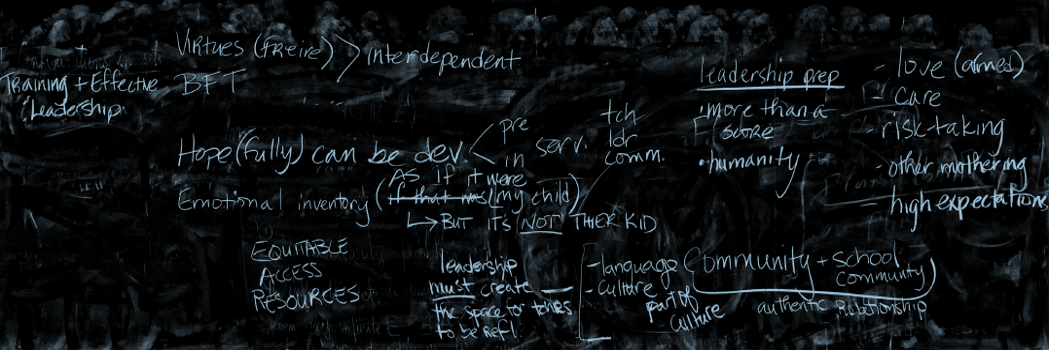I teach the Yosso text in my Social Foundations of education class. In discussion, my students often focus on linguistic capital because many of them have experience with their home language practices being devalued in most educational spaces. They feel excited by the opportunity to discuss what it means to disrupt assimilationist pressure felt by students and teachers of color. I hope the impact of those conversations goes beyond our class time.
I found the way Rodela and Rodriguez-Mojica text engages with the idea of resistant capital to be stretching beyond the definition advanced by Yosso. The examples given were of two women who resisted the gender norms of their home cultures in pursuit of their own educational and professional goals. This feels like a misrepresentation of Yosso’s application of the term. Because this article sought to make sense of the experiences of the participants through a cultural lens, I feel like the salience of gender was understated in relation to culture and ethnicity in the educational and professional realities faced by Teresa and Josie. Particularly, I wondered how much of the “directness critique” faced by one of the women was really about about her stepping outside of white norms of femininity than about anything inherent to her latinidad. I didn’t get the sense the men faced similar challenges.
I also found myself disappointed by Yosso’s framing of cultural capital being used in service of survival and resistance. Indeed the Black voices in her discussion highlight that these forms of capital support the survival and advancement of a people. That imagination is far beyond the limits of “survival” and “resistance”. Like Bettina Love said.. we want to do more than survive.



